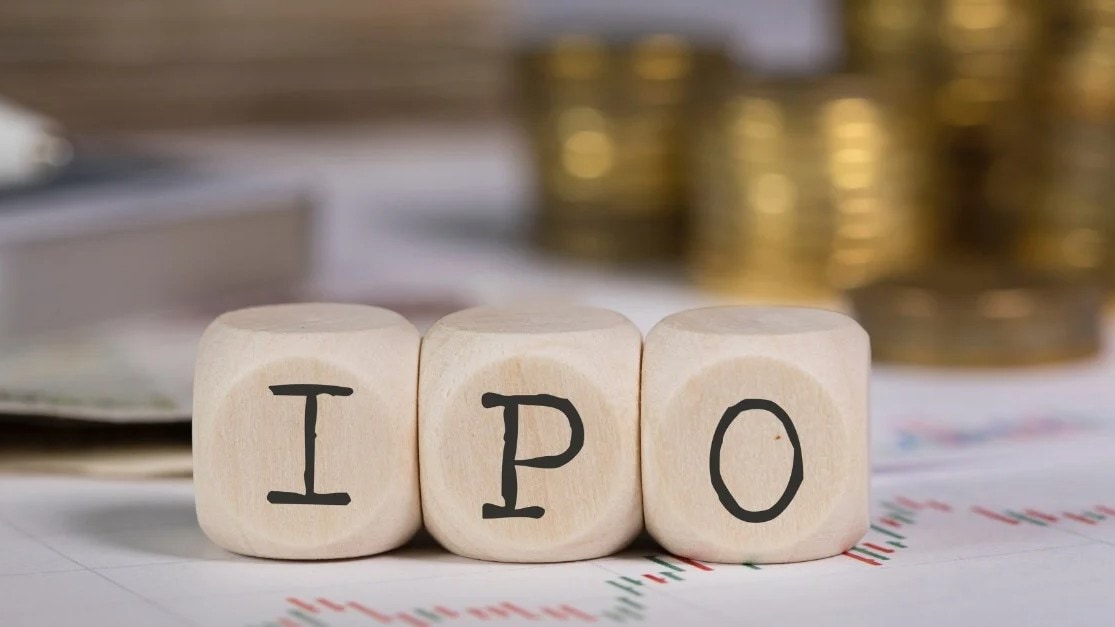The government's income tax relief to the middle class is expected to boost consumption in the near term by about 0.1-0.3% of the GDP, as per economist estimates.
The budget provided significant relief to taxpayers as the tax exemption limit was raised sharply from Rs 7 lakh to Rs 12 lakh. For the salaried class, this limit is further enhanced to Rs 12.75 lakh, considering the standard deduction of Rs 75,000 offered to them under the new tax regime.
"We believe this will partly help the indebted urban consumer deleverage and boost net household financial savings, and partly boost consumption in a section of urban households," stated a research note by Goldman Sachs. The net fiscal impulse drag on growth in fiscal 2026 will be smaller than in fiscal 2025, the note added.
At a total cost of Rs 1 lakh crore — at 0.3% of GDP to the exchequer — and assuming a consumption spend at about Rs 60,000-70,000 crore for the middle class, this translates into 0.2% of the nominal GDP, according to Yuvika Singhal, economist at QuantEco Research.
This would translate into a GDP impact of 30-40 basis points. "Given the consumption stimulus, we believe that FY26 GDP growth could be possibly be closer to the higher end of our forecast range- between 6.3-6.7%," Singhal said.
As such, the whole range of consumption – from discretionary to staples could benefit from higher disposables incomes, she said, estimating a boost to the GDP by 0.2% approximately over the next three-four quarters.
Teresa John, economist at Nirmal Bang Institutional Equities, estimates a boost of 0.5% to private final consumption expenditure and about 0.3% to the GDP. This would mean a boost of about 20 to 25 basis points to GDP growth, she added.
However, Dhiraj Nim, economist at ANZ believes that the boost to the GDP could be lower at 0.1-0.15% given the household leverage, translating into GDP growth of about six-to-eight basis points.
While it’s a substantial cut given to income tax payer, overall growth impact will be limited, as only 2% of the population pays income tax, said Gaura Sengupta, economist at IDFC First Bank. The fiscal multipliers of capital expenditure is more than twice of income tax cuts, Sengupta added.
Even amidst signs of a recovery in rural India, aided by improvement in agricultural incomes, urban demand appears to be decelerating, as indicated by corporate earnings, passenger vehicle sales and FMCG volumes, along with other high frequency indicators. While the boost to consumption provides a temporary reprieve, economists are divided on the longer-term impact.
"While the move is definitely a positive for discretionary consumption, we remain skeptical on the ability to boost wage growth at the very bottom of the pyramid," John said. Moreover, allocation under major schemes are largely flat, she added.
However, alongside the direct impact, the move is also bound to have some indirect impact, Singhal believes. The boost to consumption will also mean more production, benefitting manufacturing and services down the line, she explained.
Additionally, the measure should be seen alongside other measures such as the government’s 8th Pay Commission, expected to kick-in January 2026 onwards though payouts could happen with a lag of 6-9 months, she said. States too have seen a surge in direct income transfers expected to amount to about Rs 2 lakh crore, she added.
Given that the moves come at a time of visible slowdown in urban consumption, they could help at least arrest the momentum of the slowdown, she added.
 RECOMMENDED FOR YOU
RECOMMENDED FOR YOU

GST Reform: How Previous Economic Policies Under UPA, NDA Impacted GDP Growth
 Aug 25, 2025
Aug 25, 2025

GST Reforms: Nomura Retains India's GDP Growth Forecast At 6.2%, Inflation At 2.7% For FY26
 Aug 20, 2025
Aug 20, 2025

GST Reforms To Boost Consumption, Unlikely To Be A Drag On Govt Revenue: S&P
 Aug 19, 2025
Aug 19, 2025

GST Rate Rationalisation To Boost India's GDP Growth By 0.4-0.6% In 12 Months: Economists
 Aug 19, 2025
Aug 19, 2025

